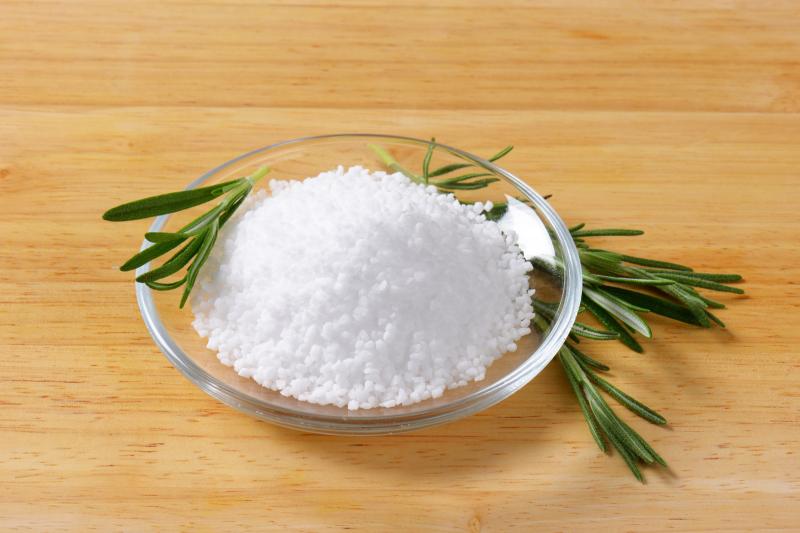
A nationwide intervention to promote the use of potassium-enriched salt substitutes is likely to result in a substantial reduction in deaths from cardiovascular disease (CVD), nonfatal cardiovascular events and disability-adjusted life years in China, suggests a study. Moreover, its benefits seem to outweigh the harms in the overall population and in those with chronic kidney disease (CKD).
“Our results suggest that a person in the general population and an individual with CKD would be more likely to survive with the intervention than without,” the researchers said.
In this modeling study of an adult population in China, specifically individuals with CKD (approximately 17 million people), comparative risk assessment models were generated to assess the effects of a nationwide intervention to replace discretionary dietary salt with potassium enriched salt substitutes (20–30 percent potassium chloride).
The models incorporated data and corresponding uncertainties from randomized trials, the China National Survey of Chronic Kidney Disease, the Global Burden of Disease Study, and the Chronic Kidney Disease Prognosis Consortium.
Nationwide implementation of potassium-enriched salt substitution could prevent nearly 461,000 deaths (95 percent confidence interval [CI], 196,339–704,438) annually from CVD, corresponding to 11.0 percent (95 percent CI, 4.7–16.8 percent) of annual deaths from CVD in China; 743,000 (95 percent CI, 305,803–1,273,098) nonfatal cardiovascular events annually; and 7.9 (95 percent CI, 3.3–12.9) million disability-adjusted life years related to CVD annually. [BMJ 2020;369:m824]
Although the intervention could potentially lead to an estimated 11,000 (95 percent CI, 6,422–16,562) additional deaths related to hyperkalaemia in individuals with CKD, the net effect would be about 450,000 (95 percent UI, 183,699–697,084) fewer deaths annually from CVD in the overall population and 21,000 (95 percent CI, 1,928–42,926) fewer deaths in those with CKD.
Deterministic sensitivity analyses, with changes to key model inputs and assumptions, revealed that net benefits were consistent in the total population and in those with CKD and that the averted deaths outweighed additional deaths.
However, these results from benefit and risk assessment on the potential use of salt substitutes were not consistent with those from European countries, which could have been driven by differences in methodology, according to the researchers. [Nutrients 2016;8:235; Food Chem Toxicol 2018;111:329-340; https://cot.food.gov.uk/sites/default/files/potassiumstatement.pdf]
Adverse effects but with a favourable net benefit are also present in other interventions for chronic diseases. For example, drugs blocking the renin-angiotensin-aldosterone system can lead to a serious side effect, namely angioedema, which occurred in 0.68 percent of patients receiving enalapril. [Arch Intern Med 2005;165:1637-1642]
Additionally, metformin, which is usually used to lower glucose levels, can cause fatal lactic acidosis, particularly in patients with advanced chronic kidney disease. [Drug Saf 1999;20:489-503]
“Although our estimates can provide guidance to policy makers, large clinical studies (such as the ongoing Salt Substitute and Stroke Study) are needed to evaluate the potential benefits versus harms of salt substitution,” the researchers noted.